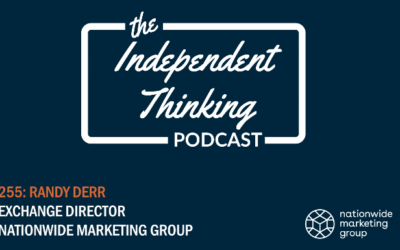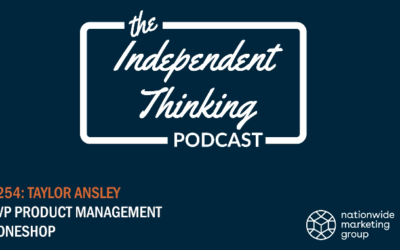I had the privilege of spending a day with our Google team recently at a conference around automation. One of the topics was the evolution of online strategy.
For a long time, we measured success by clicks and impressions. It was all about staying top-of-mind and driving the most traffic to our websites. Then we began setting up goals and tracking conversions. We measured how long a customer visited a page or the total number of pages they visited during a single session. We went on to track online sales, directions, phone calls and contact form submissions. Compiling all of this data helped us to better gauge the effectiveness of our ad campaigns.
Next, we began to measure cost per action (CPA). How much does it cost us for one of these engagements, and what’s the value of that engagement?
This is where it gets exciting. There has never been a time in marketing where we could aggregate enough data to accurately gauge our return on investment or return on ad spend (ROAS) and attribute it to specific strategies.
So, what has changed, why do conversions matter and which conversions matter the most?
Conversions are ultimately an engagement with your customer. This could be an online sale or some type of inquiry about your products or services. The type of engagement tells us where they are in their path to purchase. People who are not interested in your products will not connect with you via phone call, chat or “contact us” forms. They will not request directions to your location or visit your store.
Conversion tracking on your website allows us to attribute each engagement to the campaign or activity that led to the conversion. We know that close rates in your stores are approximately 60-70%. If we can connect customers with your business, you will connect them with the right products and services.
It doesn’t end there though. In fact, this is just the start. While we can’t personally identify all customers on your website — unless they provide us with that information — the amount of data we have today is staggering and continues to grow every single day.
Google’s latest smart bidding strategies analyze data from thousands of touchpoints to determine if and when a customer may be interested in your products and where they might be in the purchase journey.
These include:
- Searches
- Websites visited
- YouTube videos searched and viewed
- Physical stores they have visited
- And much more
Additionally, we can target their:
- Age range
- Interests
- Location
- And average household income
Think about the insight we can gain based on all of this combined data. Essentially, if you could shadow one of your customers for days, weeks, or months at a time, what would you learn about them? How would you change your message to them or how often you serve ads? When they finally decide they are ready to buy, how much more would you be willing to invest to make sure you are the first ad they see?
Hopefully you are starting to understand why conversion tracking is crucial to the success of your marketing strategy.
Conversion analysis is imperative for making smarter bidding and strategy decisions. If a specific keyword results in more conversions than others, we bid higher to ensure that you are always first when a customer searches these top-performing keywords. When a product listed in Google Shopping receives more clicks and conversions than others, we may automate pricing changes to ensure you are always competitively priced on this product or that it shows in stock. But there is even more to learn from this data. It can also help drive your merchandising strategies, as products searched often might become part of your sales plan.
In summary, conversions not only help us understand and measure how effective our digital campaigns are performing, but they also help us optimize and improve future campaigns by analyzing which keywords, ads and strategies convert most often. The more conversion data we have, the more we can optimize campaigns towards a better ROAS.




